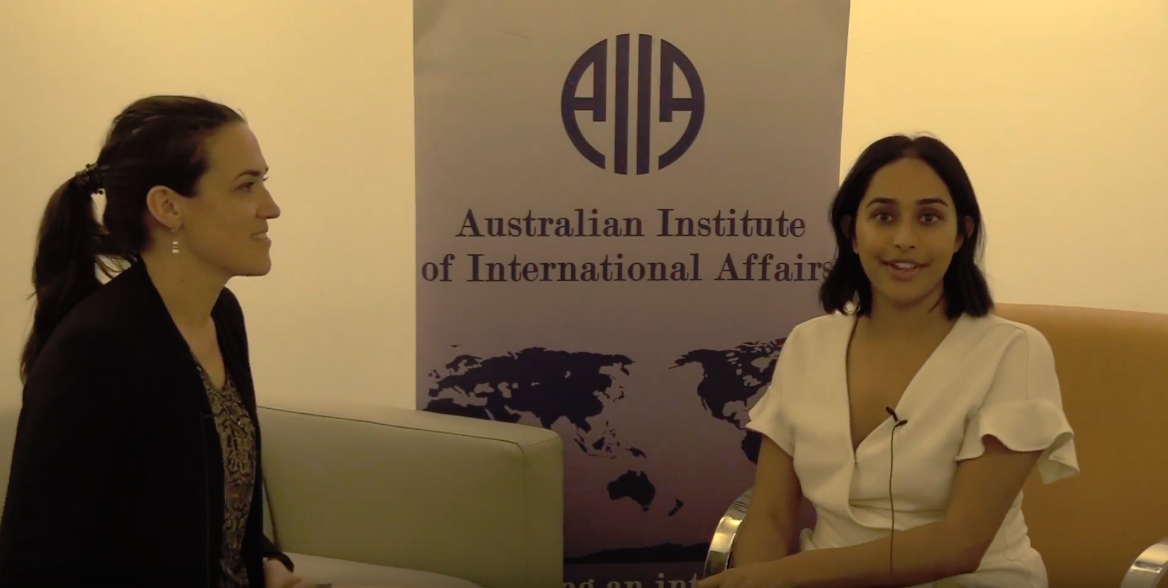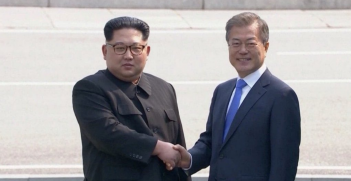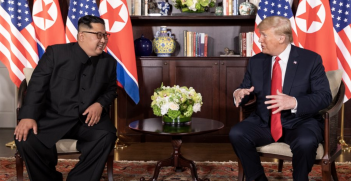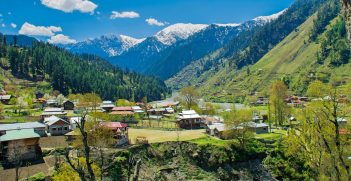Human Rights in North Korea

There is undisputed evidence of what is going on inside North Korea. Threats of nuclear proliferation should not relegate human rights to the wayside.
Immediately after the end of Cold War, North Korea underwent a severe famine. This led to a diaspora of North Korean refugees around the world, which brought greater understanding of life inside the hermit kingdom and greater attention to human rights issues in North Korea among the international community.
However, threats of nuclear proliferation have time and again relegated human rights to the wayside. To overcome this, we have to think in a more nuanced way about how to deal with human rights issues including discourse and accountability. The establishment by the UN Human Rights Council of the Commission of Inquiry on Human Rights in the Democratic People’s Republic of Korea means that, for the first time, there is undisputed evidence of what is going on inside North Korea. This opens the possibility of taking Kim Jong-Un to the International Criminal Court. Other approaches include introducing information into North Korea through subversive means in order to develop the language of human rights, as well as engaging in dialogues in limited areas acceptable to the regime, such as threats to children and people with disabilities.
Apoorva Kolluru from the Australian Institute of International Affairs spoke with Dr Danielle Chubb at the IPSA World Congress 2018 in Brisbane.
Danielle Chubb is Senior Lecturer in International Relations and a member of the POLIS group in the Alfred Deakin Institute for Citizenship and Globalisation at Deakin University in Melbourne, Australia. She has held positions at Pacific Forum CSIS, The Australian National University and Hawaii Pacific University. Danielle’s main research interests are transnational activism, the policy dynamics of the Korean peninsula, the role of non-traditional actors in security arenas and Australian foreign policy. She is author of ‘Contentious activism and inter-Korean relations’ (Columbia University Press, 2014). She is one of the co-editors of the upcoming volume in the AIIA’s ‘Australia in World Affairs’ series.
Interviewed by Apoorva Kolluru.
Video by Melissa Conley Tyler.
Editing by Jasmine Gan and Tommy Chai.





